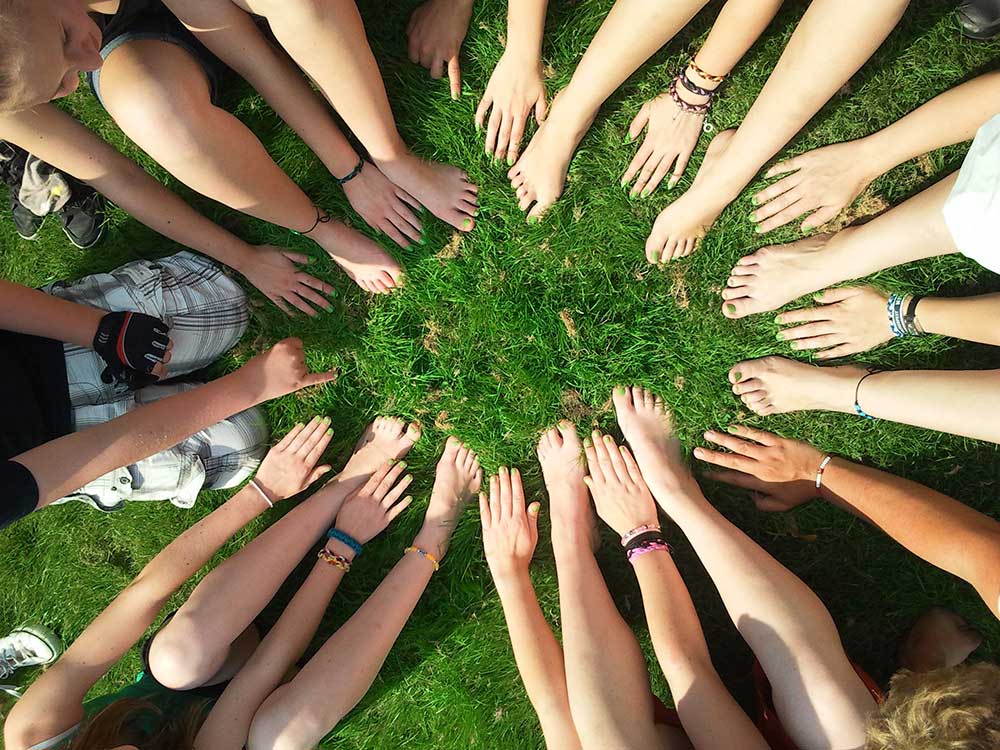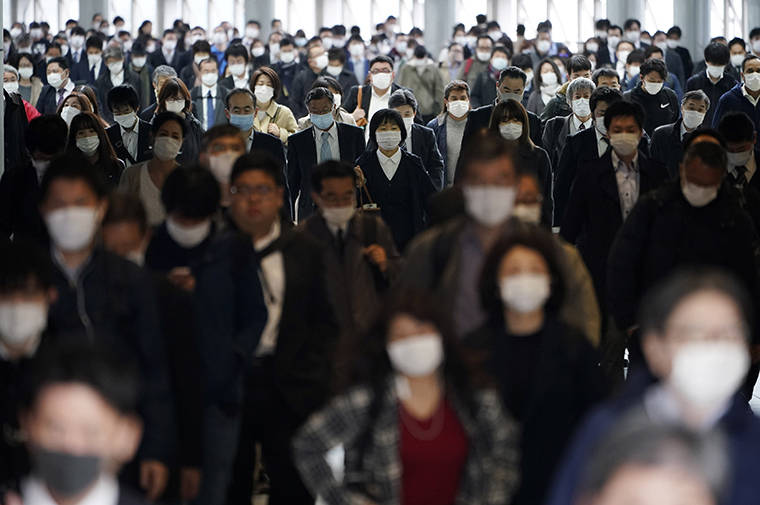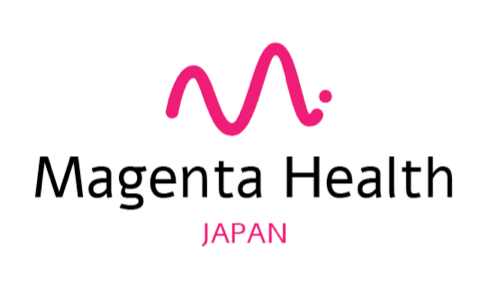
Oct
Japan’s COVID-19 Experience … to date

There’s a lot of speculation surrounding the reason why Japan has continued to keep such a low infection / death rate amidst the 2020 COVID-19 crisis even though it meets several conditions that make it more vulnerable to the disease. The country leads the world in elderly population per capita and has over 3/4 of its entire population living in dense urban areas which makes it a perfect breeding ground for the virus: so why hasn’t it spread like it has in other countries?
While a low testing rate does go some way to explain the low level of infections reported it doesn’t explain the low death and hospitalization rates compared to other countries. And if the infection rates are even double what they are reported at they are still extremely low compared to other countries especially densely populated ones.
Some attribute the low rates of infection and death to some scientific evidence that Japanese (as well as other Asian countries) have built up an immunity from being exposed to other forms of COVID in the past. These speculations aside, the reason could well be hidden within its deep-rooted culture.
We suspect there is a whole range of different reasons why Japan has fared so well up until now and within this article we seek to explore a few of these potential reasons.
Japan is a collectivist society which has a multitude of implications for how people behave. One of the most beneficial implications from a societal standpoint is that they are mindful of people around them whether it be family, friends, colleagues or other members of society. If, for example, someone has a cold or flu they wear a face mask so as not to infect others around them. So it is not surprising that when faced with the COVID pandemic back in February everyone started wearing masks outside the home – on the way to work, at work, and after work until they walk back through the door at home. The mask itself in COVID-19 times doesn’t only serve as a physical barrier (to what % protection still unclear), but also as a reminder to be mindful of people around them and this includes a reminder to wash one’s hands and keep your distance when possible – and more pressingly – not to go out if you have a sniffle or cough during the pandemic.
In any collectivist society contracting a disease which could be damaging to the group as a whole is not a good look. To put it into perspective for someone living in an individualist society, it might be like a team-mate spreading the flu at training before grand final day – this won’t win them friends nor the game. In Japan, while current and recovered COVID-19 patients have mentioned a subtle sense of discrimination from others, the risk of ‘letting down the team’ has made others extra vigilant to protect themselves.
The Japanese home is a private place for family only rather than friends, and social gatherings within the home are rare. Having friends come to visit or visiting friend’s homes is believed to be one way in which the virus has spread much more in other countries.
Japanese are generally quiet and softly spoken. Even on packed peak hour trains the only sound that can be heard are the wheels turning on the track and speaking has traditionally been discouraged on trains because ‘it annoys others’. It also helps protect others from catching the virus, given recent studies have found that loud voices are not the only thing being projected.
For anyone who has visited Japan you would have noticed how clean it is and how hygiene is of utmost importance. The streets are extremely clean, homes are generally pristine, and when you sit down at a restaurant you are immediately given a wet hand towel to clean your hands. This strong preoccupation with cleanliness goes back to their Shinto/Buddhist roots which teaches that cleanliness is a form of purity. So when COVID-19 started appearing, the focus on cleanliness and hygiene went to another level. Hand sanitizer could be found at the entrance of every building, café and shopping outlet and people also carried around their own hand sanitizer from early on.
Japan introduced a soft lock down for a period of about 6 weeks in April / May. A soft lock down means the government encouraged bars and restaurants to close their doors and people refrain from going out of their homes unnecessarily, but they couldn’t force anyone to do so. This is largely because the government does not have the constitutional powers to enforce businesses to close or people to stay indoors, but in many ways they didn’t need to enforce them, because everyone understood that self-sacrifice was important for the benefit of everyone else. The social contract between government and its citizenry is strong in Japan and people were generally accepting of the government’s directions – although only up to a point. The government is still encouraging people to refrain from going to crowded places and businesses to close earlier than normal, but they also realize that while the veneer of society is thicker here than many other countries it can thin out rather quickly and there is a need for give and take – even in a pandemic – especially in a pandemic.
Some aged-care homes did see a number of deaths amongst residents although large outbreaks were avoided and small outbreaks contained. Aged-care home staff are well trained in general and had additional training in hygiene and infection control at the start of the pandemic. But possibly the biggest reason aged-care homes were left relatively unscathed is that staff work in one place and one place only, rather than moving in between care homes on shift work. Staff were also actively encouraged to be extra vigilant when off work and the majority seem to have taken this advice seriously.
As the virus continues to swathe a path of infection, fear, and uncertainty across the world in now the second wave, we are still far from understanding which policies and preventative measures have worked best – this we will need to wait until the virus is well behind us and the ‘experts’ come to their final conclusions. For now, however, it seems prudent to look at countries that are not only keeping the spread of the virus under control, death rates low, and hospitals at manageable stress levels, but looking at countries employing policies which also allow people to get on with their lives, albeit with some ‘soft lockdown measures.’ Not hard lockdowns with all their crushing effects on business and mental health – and which in many ways make second and third waves much worse – when hard lockdowns are lifted and people scramble for the exits.



Sorry, the comment form is closed at this time.